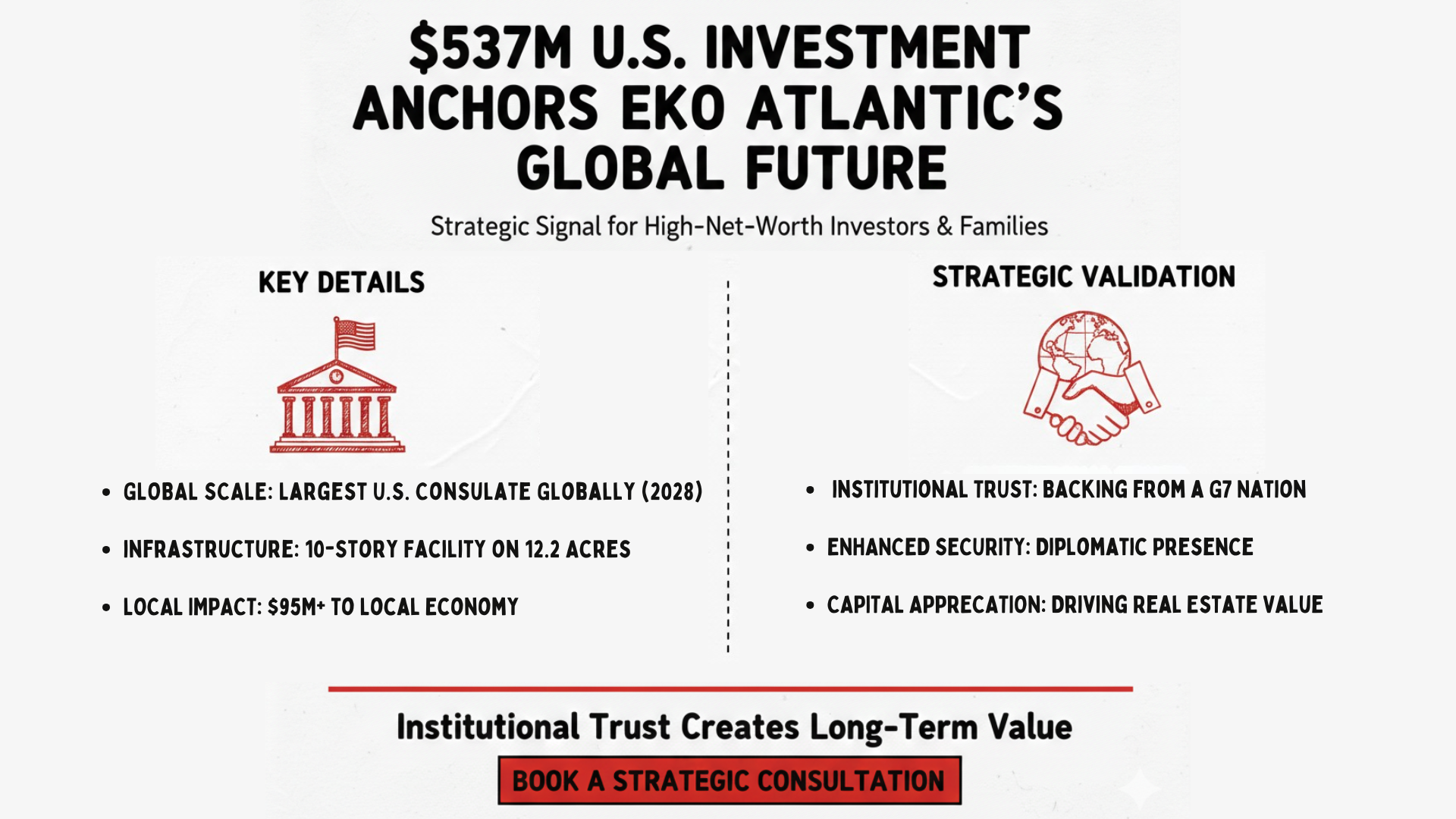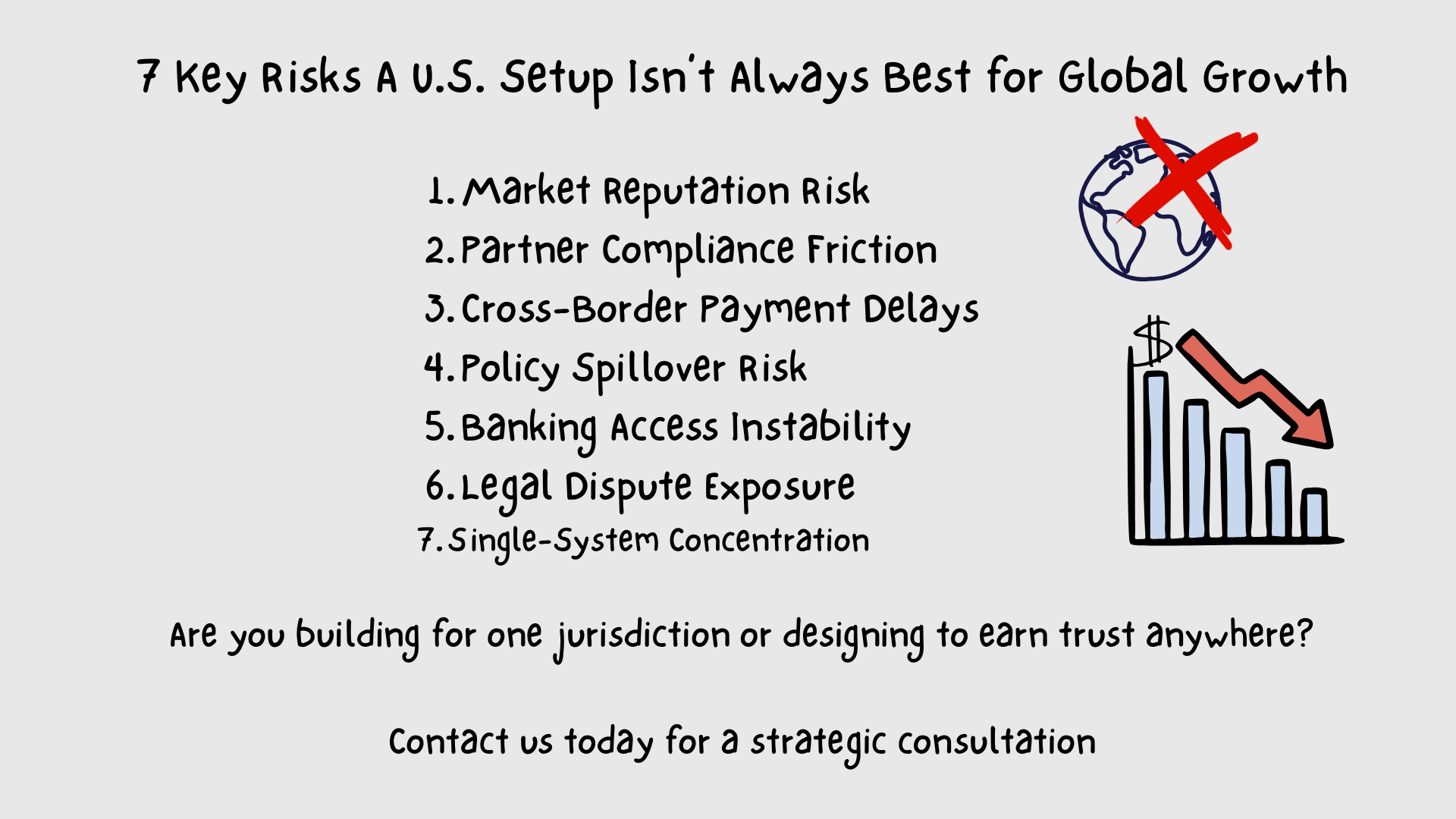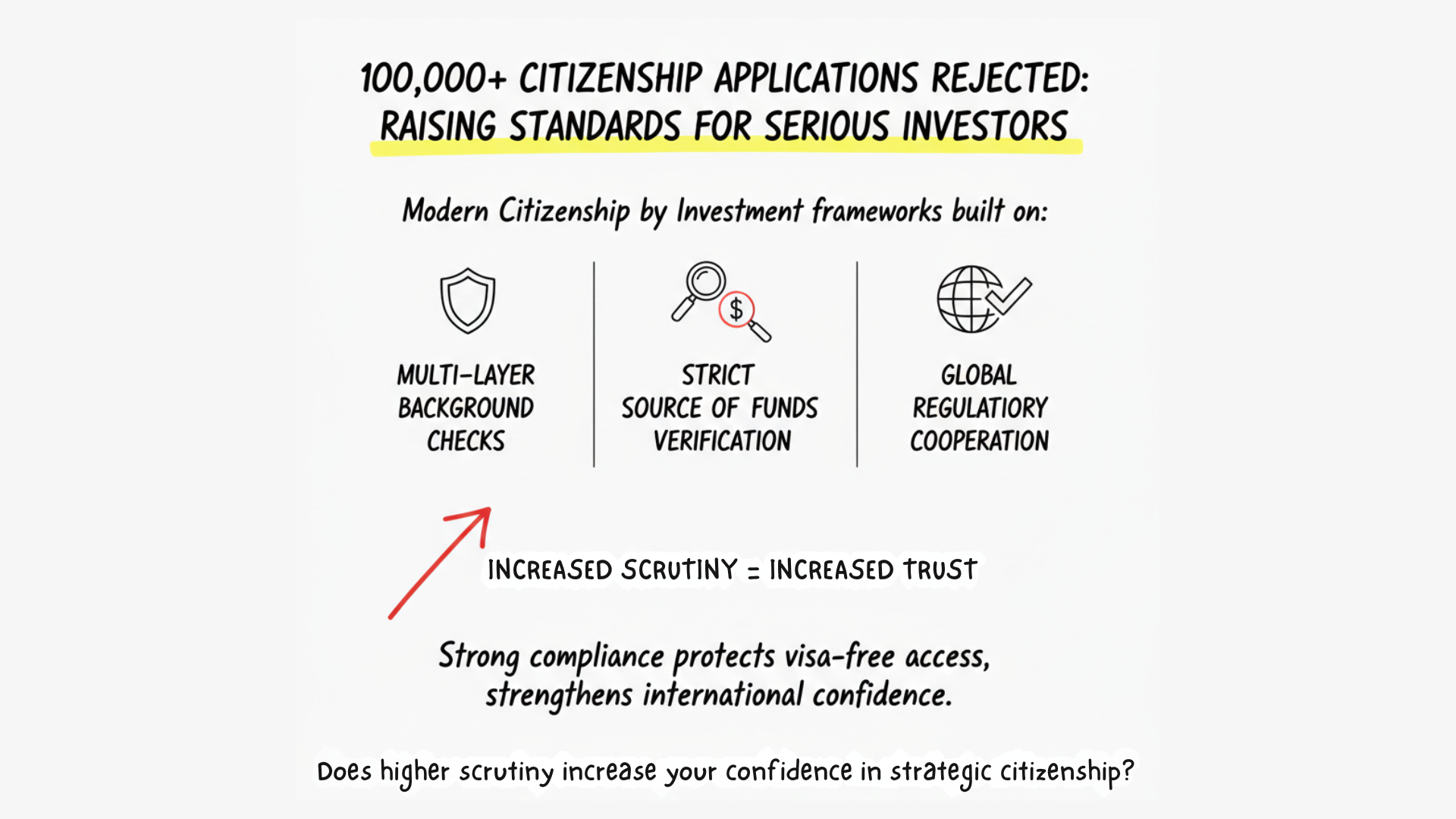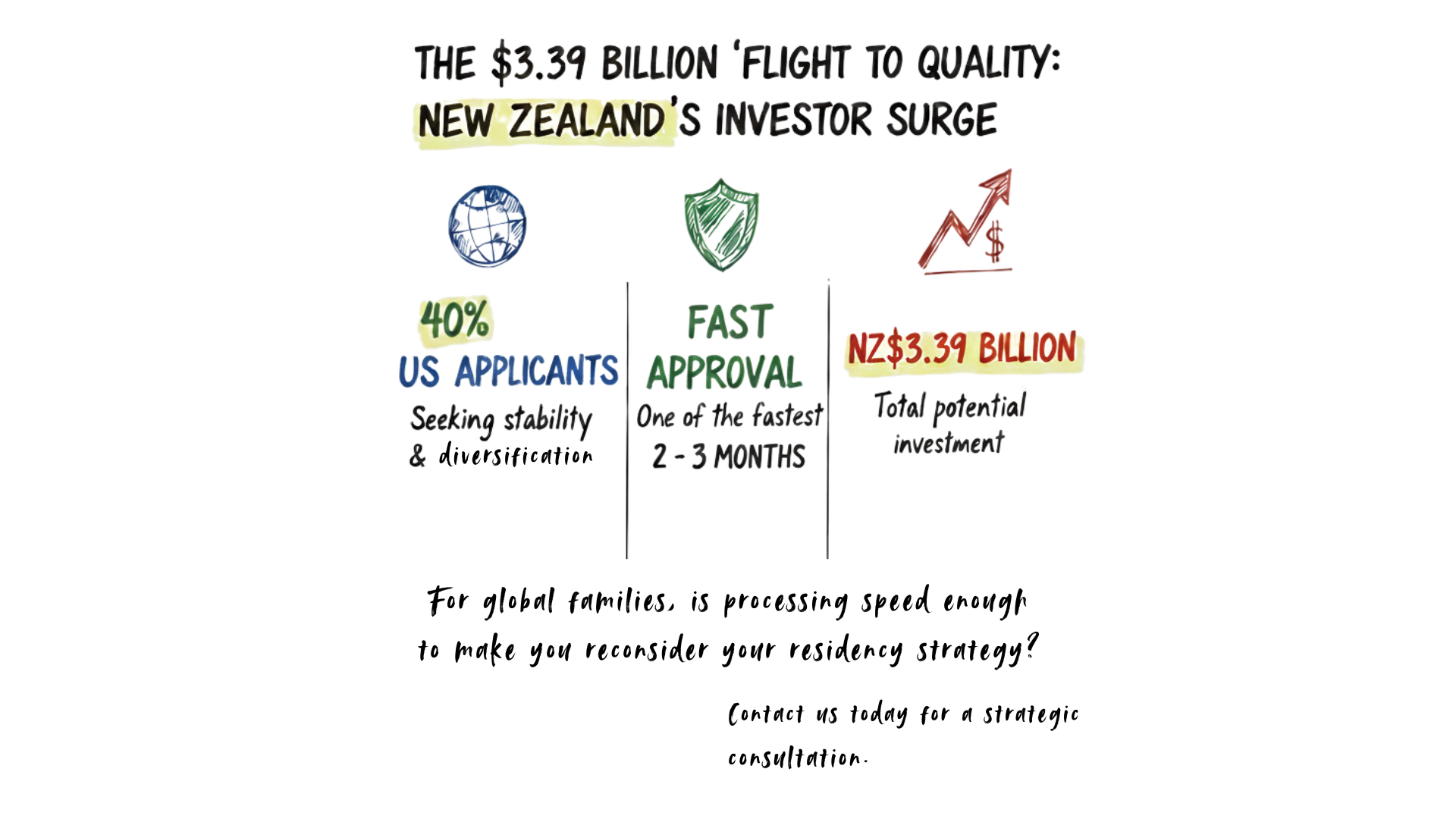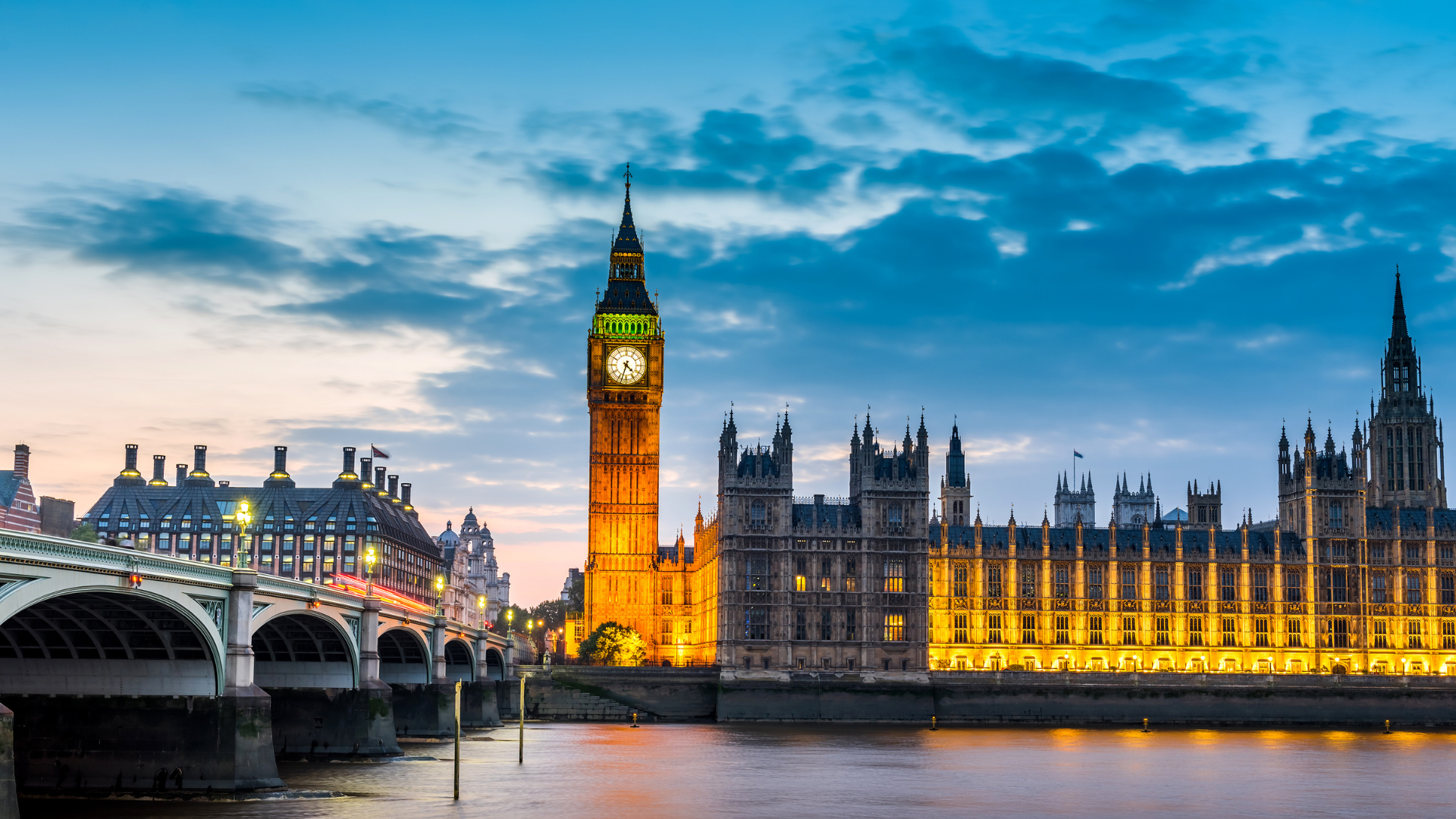France Rejects Wealth Tax: Impact on Fiscal Policy and Investors

The French parliament has recently rejected a controversial proposal, the so‑called “Zucman Tax”, which would have imposed a 2% annual levy on fortunes over €100 million. Instead, France is moving toward a narrower tax on “unproductive assets” such as luxury items and idle holdings.
For global investors, family offices and those considering residency or citizenship by investment, this development offers an important window into how governments balance fairness, growth and capital flows.
Background: What Was Proposed, And What Happened
- The “Zucman Tax” was named after French economist Gabriel Zucman. It proposed that households with fortunes exceeding €100 million would pay at least 2% of their assets annually in tax.
- The revenue potential was estimated at €15–20 billion per year.
- On 31 October 2025, the French lower house voted to reject this tax.
- At the same time, lawmakers approved a smaller measure: a 2% tax on assets held in non‑operational holding companies (about 4,000 such structures) rather than a broad wealth levy.
- In addition, there is a proposed shift from the existing property‑wealth tax (IFI) towards a broader “unproductive wealth” levy covering art, jewellery, yachts, etc.
Fiscal Policy Implications
- France still faces a significant budget deficit and high public debt.
- Rejecting the broad wealth tax suggests France prioritises maintaining competitiveness, avoiding policies that could trigger capital flight.
- The narrower “unproductive assets” tax signals a more focused approach: taxing assets seen as less economically productive.
Impact On Investor Confidence
- For HNWIs and mobile investors, tax stability and clarity are key. This rejection may reassure those concerned about aggressive fiscal measures.
- The new targeted taxes show that asset type and structure will matter more, requiring strategic financial planning.
- Overall, France is trying to balance fairness with economic resilience, a message that will influence global capital decisions.
Here are the key take‑aways for globally mobile investors:
- Mobility Matters: Jurisdictions that tax wealth without a clear investment framework may see outflows.
- Productive Vs Unproductive Assets: The new tax measures highlight the need to distinguish between these in structuring wealth.
- Predictability Is Valuable: The shifting policy environment underlines the need for long‑term clarity in tax planning.
- Global Lens: Investors will compare France to other countries in Europe and beyond, not just for taxation, but for growth potential and legal stability.
- Residency Choices Must Be Strategic: Consider tax regimes when selecting where to reside or apply for second citizenship.
For clients evaluating residency or investment options:
- Review Asset Structures: Especially those involving luxury or idle holdings that may attract targeted taxes.
- Understand Tax Residency Rules: Where you live and how you hold wealth can impact exposure.
- Stay Ahead Of Changes: Proposals, even if not passed, give insight into political and fiscal trends.
- Compare Jurisdictions: Look beyond income tax, consider how different countries treat total wealth and inheritance.
- Engage Experts Early: Proactive structuring often results in better outcomes than reacting after policy changes.

This decision in France reflects a global challenge:
- Governments are under pressure to tax wealth more equitably.
- But they must also encourage innovation, entrepreneurship, and investment.
- The solution is not one-size-fits-all, countries that balance both well will attract long-term capital.
For globally mobile investors, it’s not just about finding the lowest-tax country. It’s about identifying stable, growth-oriented environments that also respect wealth creation.
Contact us if you are interested in Citizenship by Investment
Our expert advisors will have a 1-on-1 consultation to find the best solutions for you and your family and guide you through the procedure.
What France’s Wealth Tax Rejection Signals For Global Investors
France’s rejection of the broad “Zucman Tax” and its focus on more specific wealth measures sends a dual message:
- The government values its competitive position on the global stage.
- But it is still responding to public demand for fair contributions from the wealthy.
This makes France an interesting case study in modern fiscal policy. For HNWIs and family offices, the key is to monitor not just taxes but the philosophy behind them.
Would you prioritise a country’s commitment to fairness, or its ability to foster sustainable growth and protect investor confidence? The answer may shape your next move.
Thinking About Your Next Investment Move?
Our experts can help you evaluate your global tax exposure and guide you through second citizenship and residency options built for discerning investors. Protect your wealth, expand your reach, and secure your future, wherever opportunity takes you.
Share this blog
Frequently Asked Questions
Related Articles
Beijing Is Watching Your Wealth; Turkey Offers a Legal Pathway
In an era of rising financial scrutiny, global investors are taking action. Discover why 89% of Chinese HNWIs are exploring…
$537M U.S. Investment Anchors Eko Atlantic City Lagos by 2028
The $537M U.S. Investment Anchors Eko Atlantic City, Lagos by 2028 signals institutional trust and long-term confidence in Lagos. For…
7 Key Risks A U.S. Setup Isn’t Always Best for
A cross-border business setup can boost global growth by reducing onboarding delays, payment friction, and concentration risk. This guide explains…
Why Citizenship by Investment Due Diligence Matters for Investors
Citizenship by Investment due diligence protects more than an application. It safeguards international credibility, visa free access, and long term…
Wealthy Americans Lead New Zealand Golden Visa Surge
Wealthy Americans are leading the New Zealand Golden Visa surge as investors prioritize stability and diversification. Billions in committed capital…
Second Residency Is Now A Top Three Global Wealth Priority
Second residency has quietly moved into the top tier of priorities for serious wealth holders. This article explains why investors…
UK Exit Tax 20% and the Future of Strategic Wealth
The UK Exit Tax 20% could significantly impact HNWIs, founders, and investors with substantial unrealized gains. This in depth analysis…


